
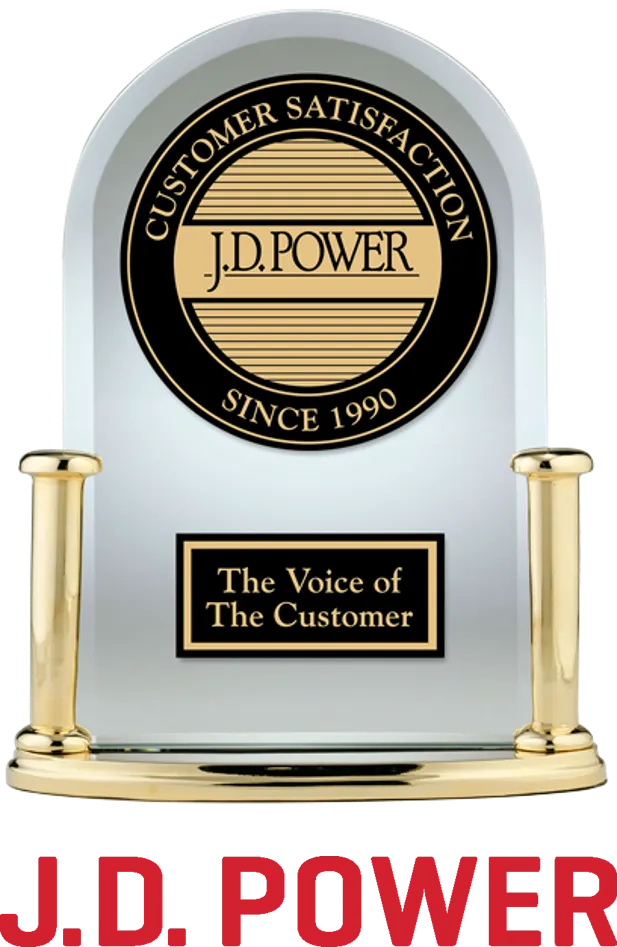
U.S. EV Market: Home Charging Satisfaction Slightly Declining but Still Leading for Owners
U.S. EV Market Insights: A Closer Look at Home Charging Satisfaction
The electric vehicle (EV) landscape in the United States is witnessing significant developments, particularly in the realm of home charging. According to the latest 2025 U.S. Electric Vehicle Experience (EVX) Ownership Study conducted by J.D. Power, while home charging remains a critical advantage for EV owners, customer satisfaction has seen a slight decline across various segments. This decline occurs amid rising uncertainties regarding public charging infrastructure.
Overview of Satisfaction Scores
The 2025 study revealed satisfaction scores for different charging segments as follows:
- - Portable 120V Charging (Level 1): Kept a steady satisfaction score of 581 points compared to the previous year.
- - Stand-Alone/Wall-Mounted 240V Charging (Level 2): Registered at 733 points, down by 11 points year-over-year.
- - Portable 240V Charging (Level 2): Marked a more significant drop, scoring 714 points, down by 21 points.
In the Level 2 segment, Tesla continues to lead with the highest satisfaction score of 790 points for five consecutive years.
Key Study Insights
Charge Connectivity Issues
Notably, while the stand-alone/wall-mounted Level 2 charging features the highest owner satisfaction, it is plagued by issues such as connectivity problems. There’s an average of 39 complaints per 100 units for this segment, with nearly a third of those issues related to internet or Wi-Fi disruptions and app functionality. While these features offer an edge over other charging types, ensuring reliability in various home setups remains a significant challenge for providers.
Fatigue over Rising Home Electric Costs
The average monthly expenditure for owners on home charging has nudged up to $58, a $2 increase from the previous year. Consequently, satisfaction concerning charging costs has dropped by 8 points to 698. This modest rise in cost is reflective of broader economic uncertainties surrounding EV incentives and energy regulations post-pandemic, leading to consumer fatigue regarding pricing.
Significantly, EV charging costs vary by region. Owners in the Northeast and West Coast report the highest costs, with satisfaction scores of 580 and 651 points respectively, both considerably lower than the national average of 728.
Impact of Charging Speed on Satisfaction
The speed of charging plays a crucial role in determining overall satisfaction. On average, owners who experienced slower charging reported 141 points lower satisfaction than those who charged at regular speeds. In contrast, issues like internet connectivity had a lesser impact on satisfaction levels, which indicates a complex relationship between charging infrastructure and user experience.
Slowing Adoption of Level 2 Chargers
Interestingly, despite an uptick in the use of stand-alone/wall-mounted Level 2 chargers, signs of slowing adoption among EV owners are emerging. Usage has peaked among owners of the 2022 model vehicles, while owners of 2023 models are increasingly opting for Level 1 charging solutions. Access to Level 2 charging at home remains a pivotal factor for enhancing overall EV owner satisfaction, thus making it an area that manufacturers and aftermarket solution providers need to focus on.
Expert Commentary
Koji Yamamoto, Head of the Automotive Division at J.D. Power Japan, observes that recent government statements and activities in the U.S. are raising doubts about federal support for EV investments, especially in public charging infrastructure. While the U.S. EV market thrives, uncertainties exist for its future market share.
He emphasizes that enhancing home charging satisfaction is integral for boosting interest in EV ownership, particularly as lightweight EVs gain traction as secondary vehicles in Japan, where public charging infrastructure may not be fully developed. Improving aspects like charging speed, cable length, and charging cost optimization are essential for increasing satisfaction with home charging systems designed for future EV expansions.
Key Rankings in Home Charging Satisfaction
Tesla stands atop the satisfaction ranking for Level 2 charging, followed closely by Emporia and Wallbox:
1. Tesla: 790 points
2. Emporia: 763 points
3. Wallbox: 756 points
In summary, J.D. Power's extensive analysis of EV owners emphasizes ongoing challenges in the home charging ecosystem, particularly regarding connectivity and rising costs while highlighting the critical areas for improvement that could elevate owner satisfaction moving forward.
The detailed report is based on responses from over 10,000 owners of 2019 to 2025 model year BEVs and PHEVs, with insights shaped by a thorough understanding of factors influencing customer satisfaction.
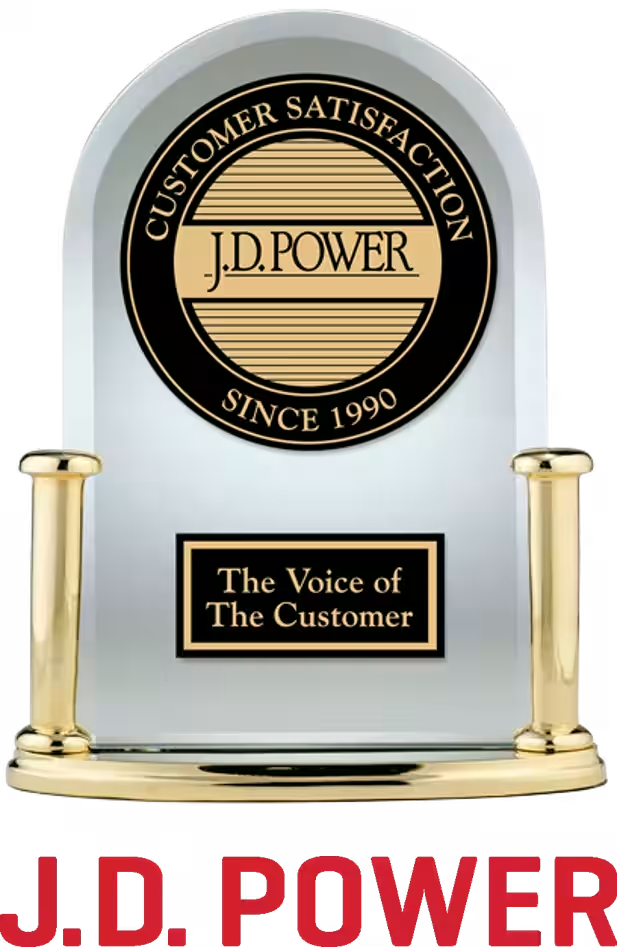
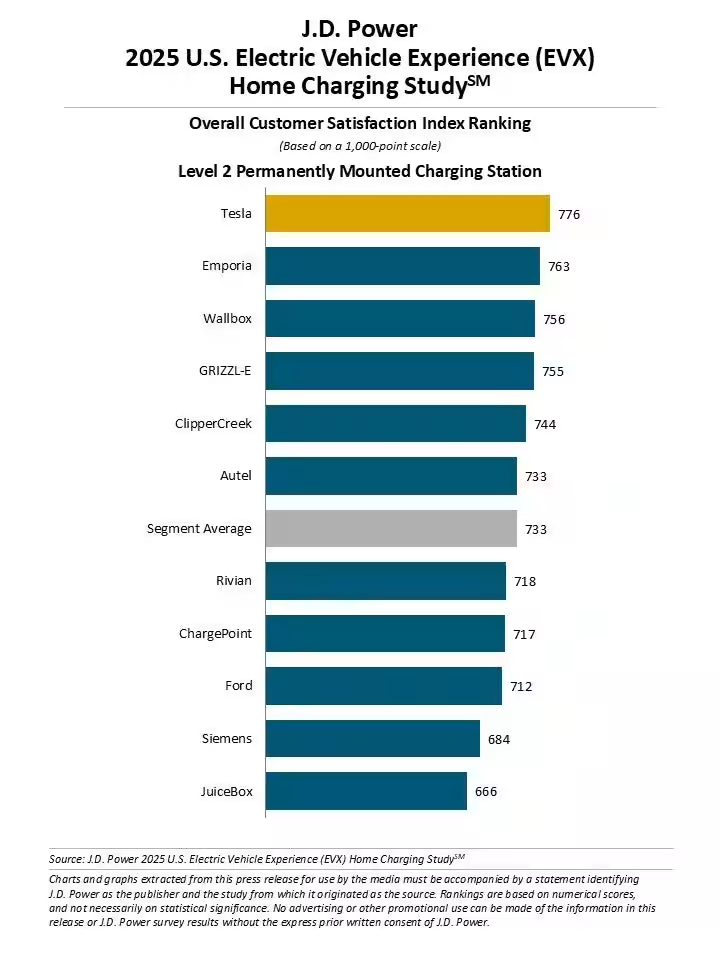
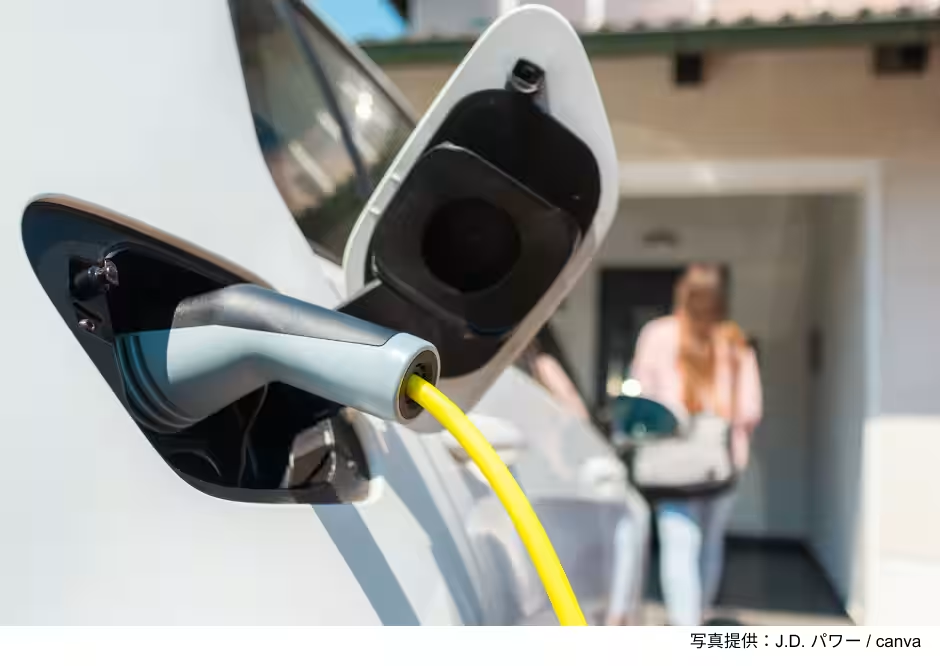
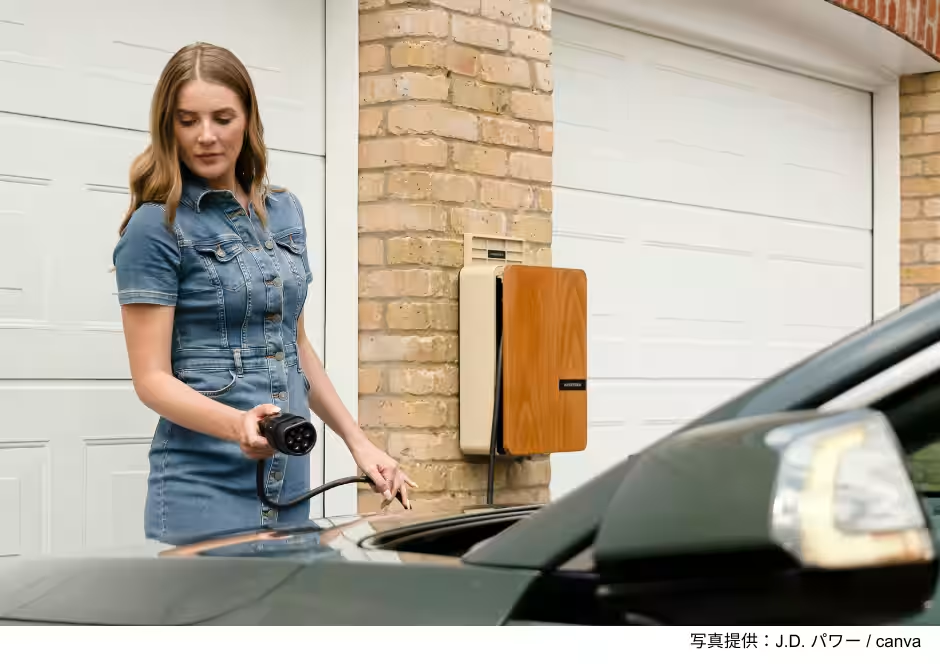
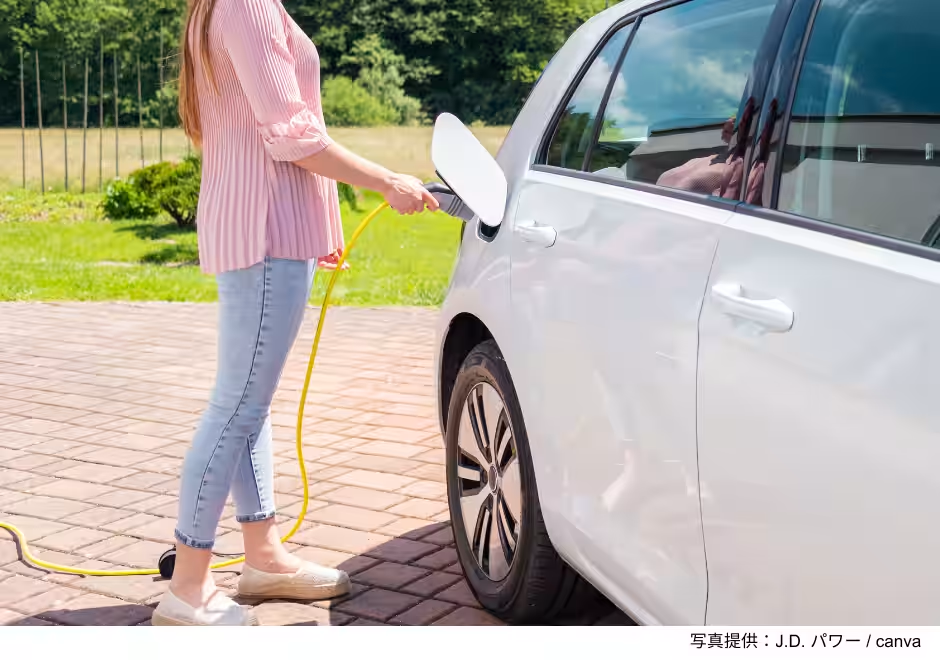
Topics Consumer Technology)



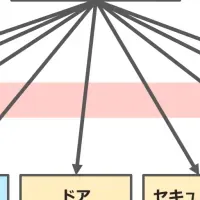






【About Using Articles】
You can freely use the title and article content by linking to the page where the article is posted.
※ Images cannot be used.
【About Links】
Links are free to use.